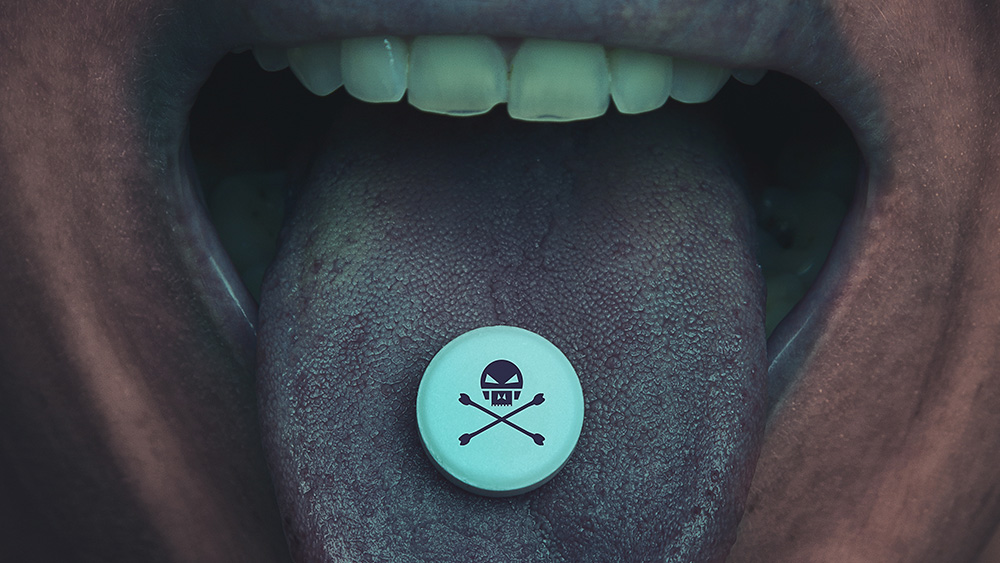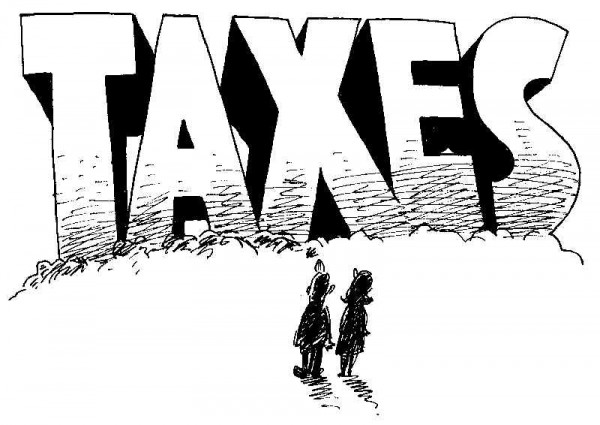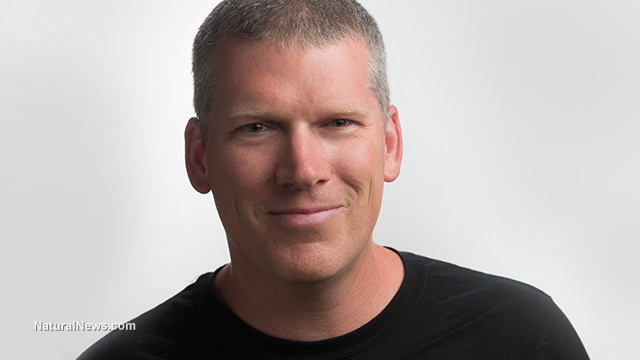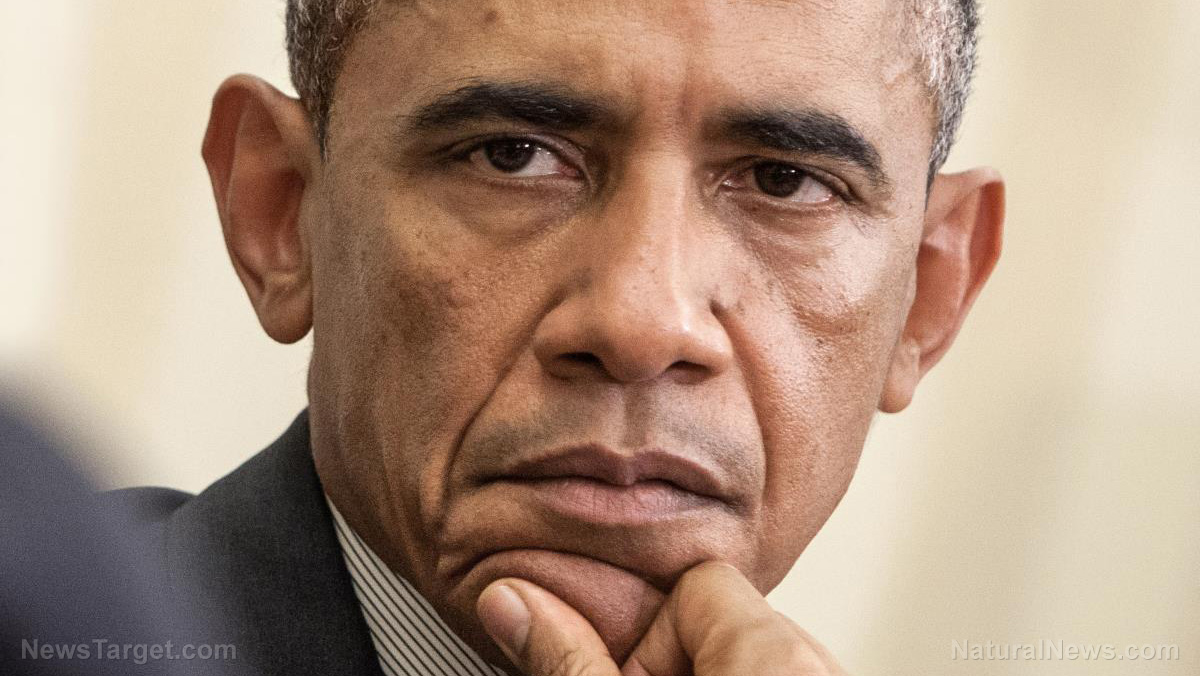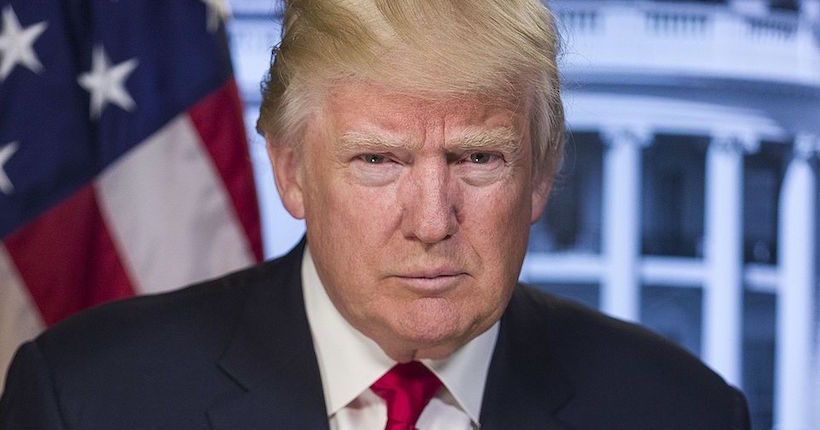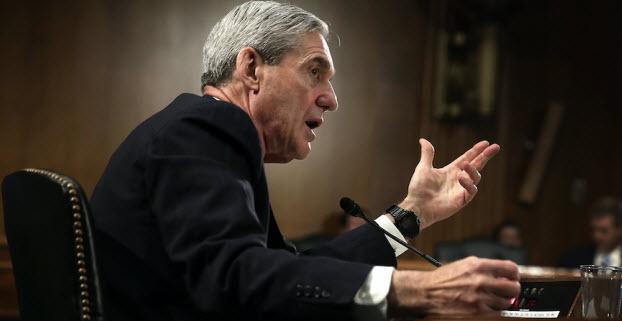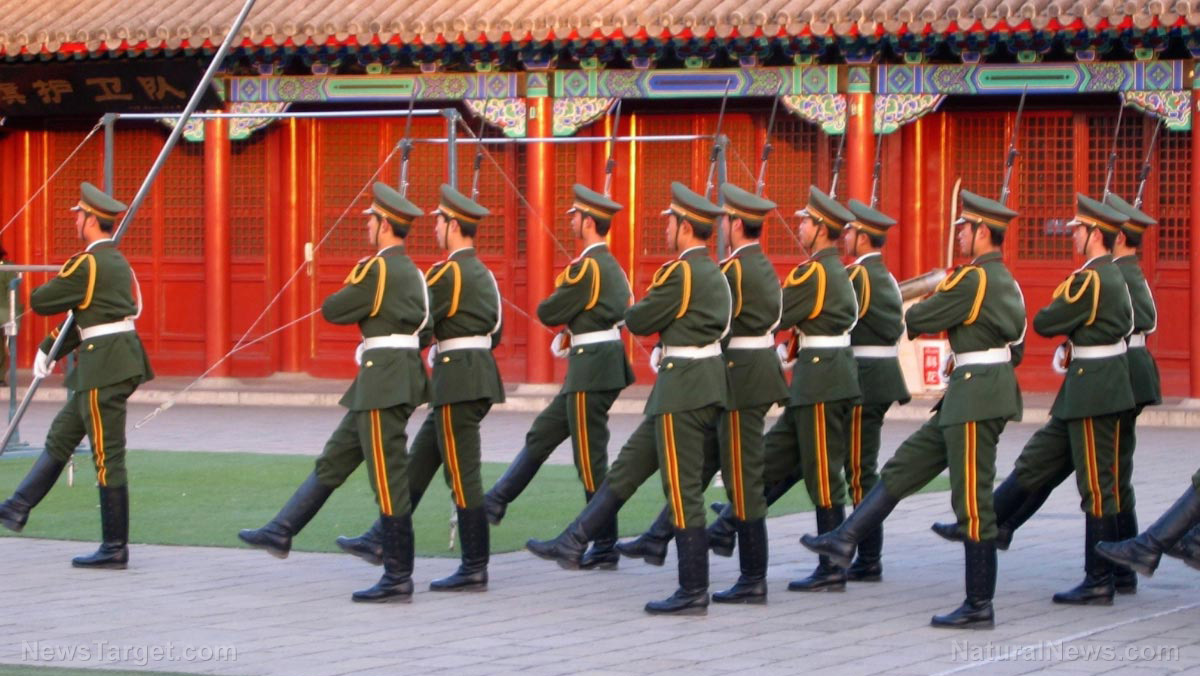Trump team shaping up to include strong anti-trust leaders who may challenge monopolies like Google, Facebook and Amazon
12/06/2016 / By JD Heyes
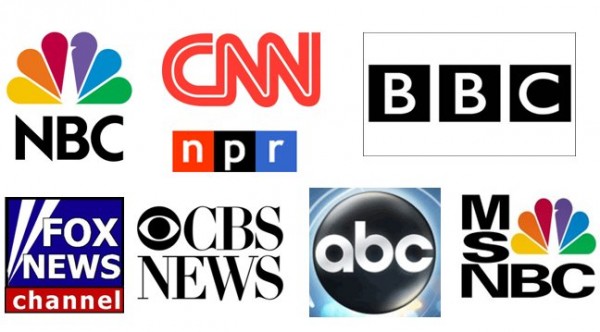
It’s possible that the first true pro-business president – Donald J. Trump – is serious about giving smaller businesses some standing against gigantic corporations that have monopoly-like strangleholds on all industries, including technology and media.
In recent days, Trump named a Republican antitrust veteran to his transition team for the Justice Department, a selection that lawyers believe may signal a more hands-off approach to anti-trust enforcement compared to President Barack Obama.
The selection – David Higbee – is a partner at the law firm Hunton & Williams LLP. He worked in the administration of President George W. Bush from 2001 to 2005, having spent his last year in Justice’s Antitrust Division. Since that time, he has largely advised clients on antitrust litigation, merger reviews and probes by government agencies.
He will team up with Joshua Wright, an economist and former commissioner at the Federal Trade Commission; they will be the only two people on Trump’s transition team with experience in antitrust litigation.
The purpose of antitrust provisions and legislation is to prevent or control trusts and other monopolies, with the goal of promoting more business competition. Trump certainly seems to favor that, as competition drives innovation and helps control costs.
Tough talk on monopolistic practices
In the last few years, the Obama administration has launched challenges to an unusually large number of mergers, which has led, in part, to the collapse of Halliburton Co.’s plan to purchase Baker Hughes Inc., among others, Reuters reported. And, at present, the Obama Justice Department is engaged in a lawsuit with Anthem Inc. to prevent its purchase of Cigna Corp, as well as to prevent Aetna Inc. from buying Humana Inc.
Trump has talked tough regarding media mergers such as AT&T Inc.’s purchase of Time Warner Inc., while singling out Amazon Inc. for antitrust scrutiny. The appointment of Higbee signals that Trump’s team is adopting the more Republican position of merger enforcement.
“Higbee will have that sensible caution,” Bruce McDonald, another veteran member of the Bush administration who is now with the law firm of Jones Day, told Reuters. “He will be more confident in business and markets and less confident that government can identify and fix problems” – which is precisely the right point of view, given that government bureaucrats tend to screw up just about anything they touch.
Observers believe that an antitrust division that was set up or managed by Higbee would necessarily be hard on price-fixers and mergers of competitors. They also think that he would be cautious in bringing legal challenges to arrangements where firms buy their suppliers or cases where companies are blamed for breaking antitrust law for the purpose of running competitors out of business, said McDonald.
Too much media concentrated in too few hands
Right now, there are about six companies that control virtually all media. As reported by Business Insider, they are: General Electric, News Corps, Disney, Viacom, Time-Warner and CBS. These half-dozen companies – with just 232 media executives – “control the information diet of 277 million Americans,” illustrates a graphic demonstrating the complete dominance.
Then, when you filter all major media through narrow, politically like-minded “media” portals like Facebook, Google and Yahoo, what you end up with is near-complete control over the daily political, social and academic narratives. And that’s not good for a democratic society like ours, because limiting the information – not fairly presenting all sides of issues – often leads to skewed thought processes and bad decisions.
And tyranny.
The political Left has long dominated news media, the entertainment industry and academia, and with so few companies controlling most all that we see, hear, learn and experience, that amounts to a virtual monopoly.
Given his choice to head up the antitrust division of a Trump Justice Department, it doesn’t seem like the president-elect has much use for such a monopolistic business environment. The good news is, busting up or preventing the formation of media monopolies will only help the country, because once Americans have all the information surrounding the issues – not just a slanted, one-sided view – they can be trusted to make choices and decisions that are best for the country.
With that in mind, there are alternative sources for news and information. Bypass Google and the corporate-owned media with GoodGopher.com. And stay tuned for the introduction of a new YouTube alternative brought to you by the Natural News team next year.
Sources:
Tagged Under: media, monopolies, NaturalNews.com, President-elect Trump



